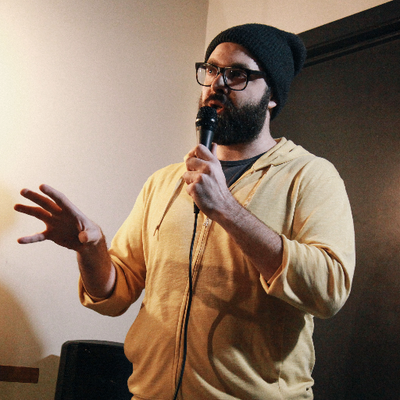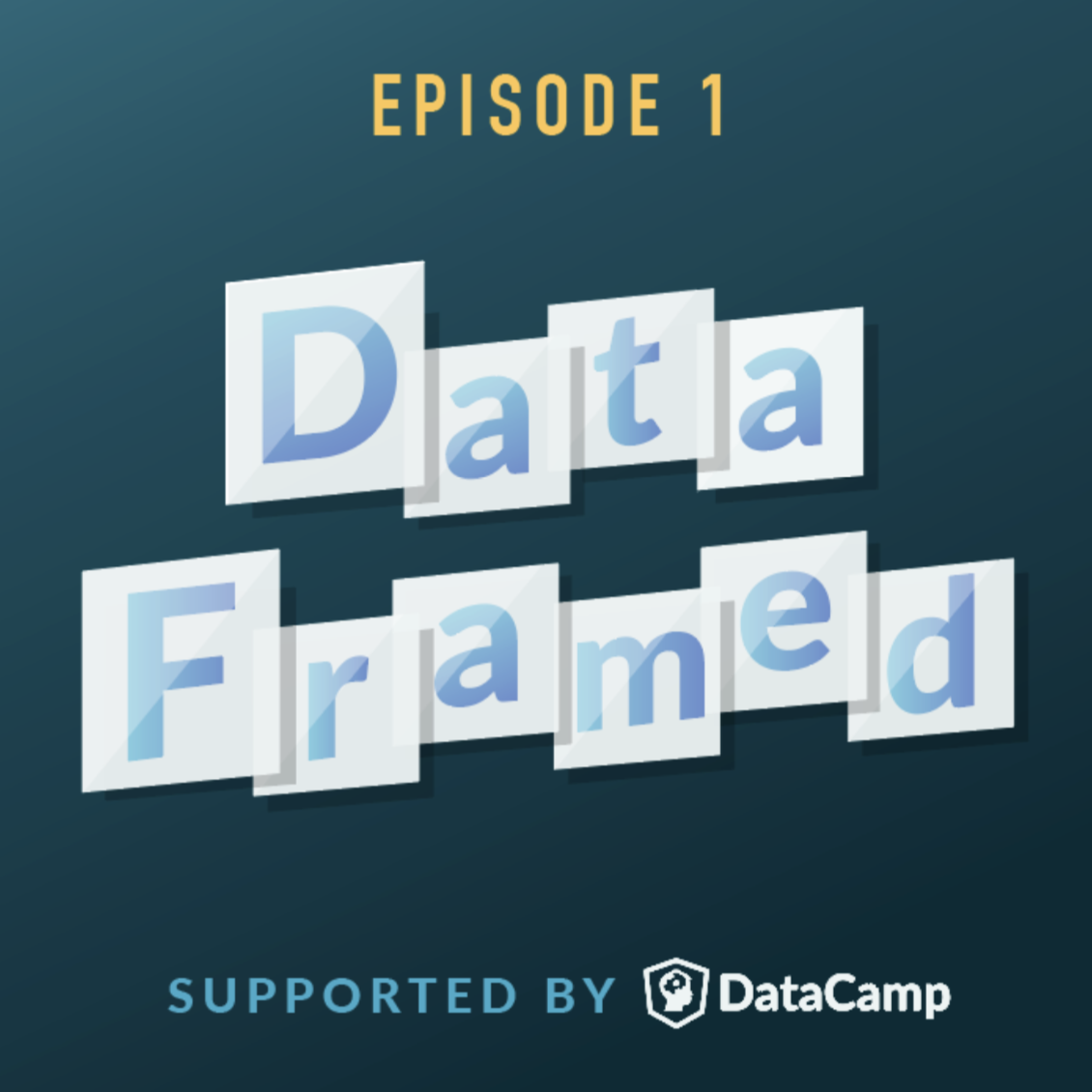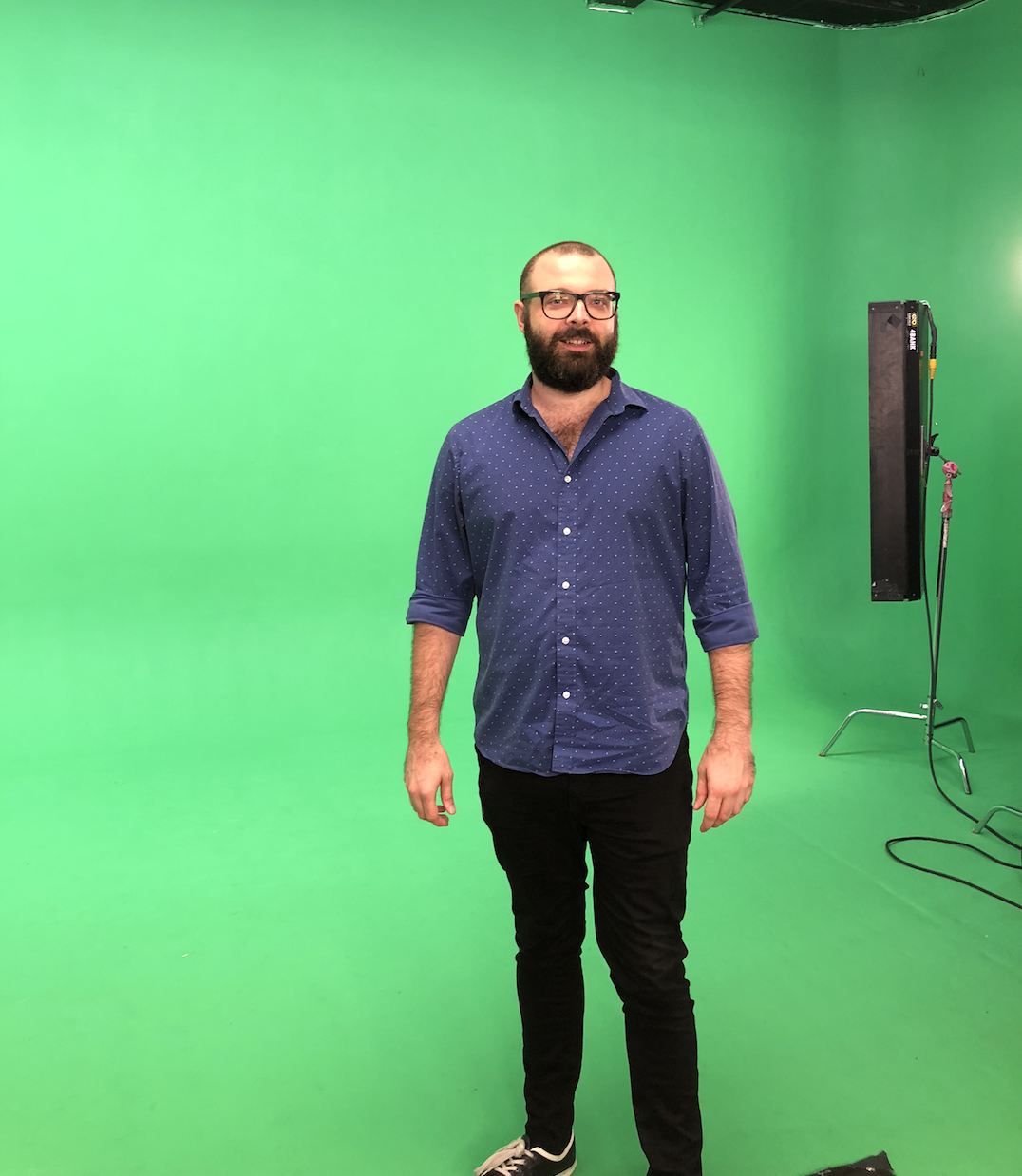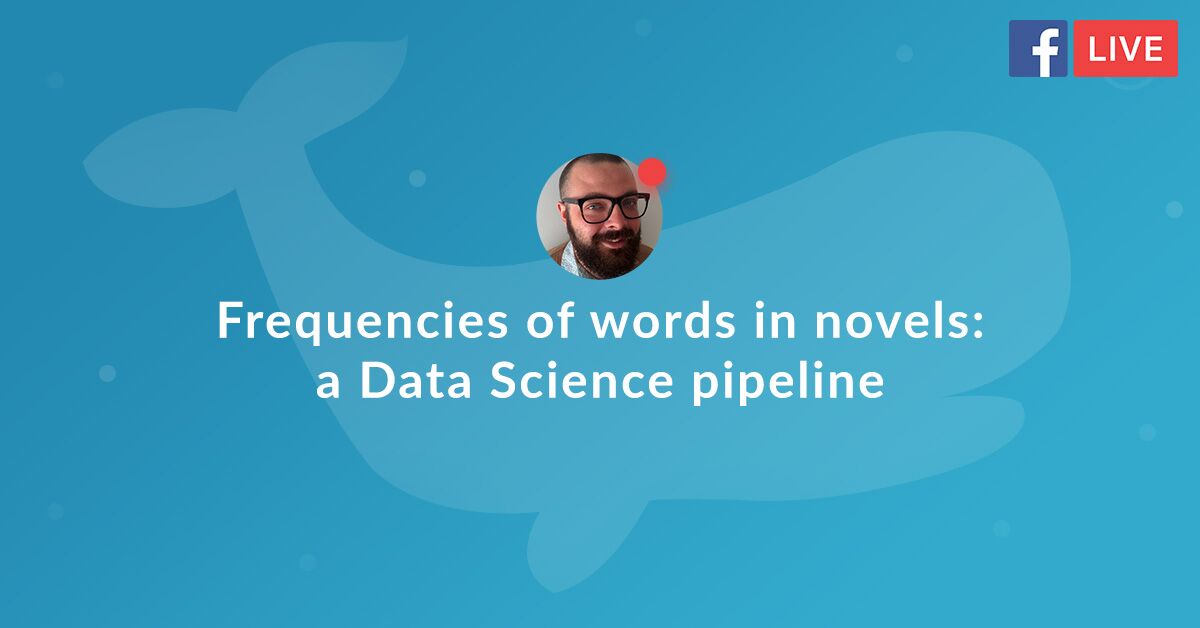
I'm an independent data and AI scientist, consultant, writer, educator & podcaster. My interests include promoting data & AI literacy/fluency, helping to spread data skills through organizations and society and lowering the barrier to entry for data science, analysis, and machine learning. Previously, I was Head of Developer Relations at Outerbounds, a company committed to building infrastructure that provides a solid foundation for machine learning applications of all shapes and sizes. I am also the host of the industry podcast Vanishing Gradients. I was previously Head of Marketing and Data Science Evangelism at Coiled, building solutions for scalable data science and machine learning in Python. Before this, I was at DataCamp, a data science training company educating over 4 million learners worldwide through interactive courses on the use of Python, R, SQL, Git, Bash and Spreadsheets in a data science context. While there, I spearheaded the development of over 25 courses in DataCamp’s Python curriculum, impacting over 250,000 learners worldwide through my own courses. I hosted and produced the data science podcast DataFramed, in which I used long-format interviews with working data scientists to delve into what actually happens in the space and what impact it can and does have.
I love to write about all things data; two of my more recent articles from Harvard Business Review are What Data Scientists Really Do, According to 35 Data Scientists and Your Data Literacy Depends on Understanding the Types of Data and How They’re Captured (keep your eyes peeled for Part II of this piece).
I also enjoy speaking and teaching tutorials/workshops at conferences. Recent highlights for me include PyData NYC, Innovation X's Chief Data Officer Summit, PyCon and SciPy (see below for videos).
For more details on all of this and more, scroll down!


